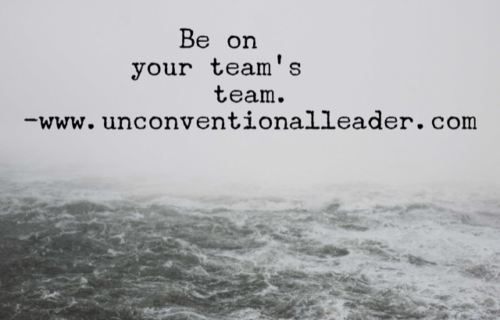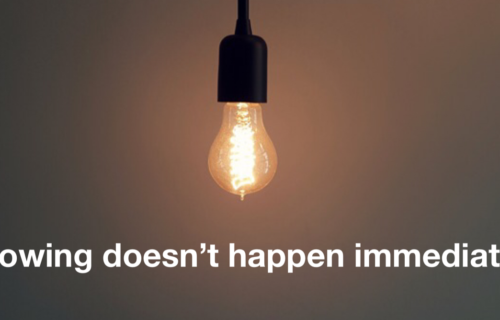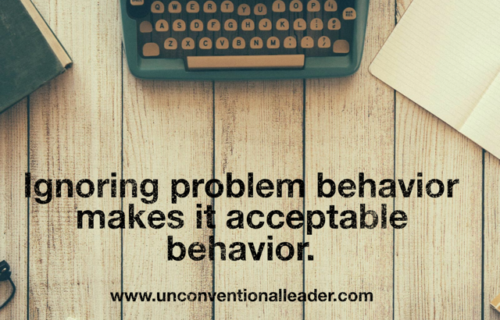How to Establish Your Authority
 I was a 30 year old “boot” Lieutenant who had just volunteered to be in charge of a 300 person security department. Uncle Charlie (whose name has been changed to protect the innocent) was a seasoned Police Officer with over 30 years on the job and one of my Precinct Commanders (I had three Precincts). When he asked me to meet, I knew what it was about. I had heard through the grapevine that he wasn’t very happy to be working for me.
I was a 30 year old “boot” Lieutenant who had just volunteered to be in charge of a 300 person security department. Uncle Charlie (whose name has been changed to protect the innocent) was a seasoned Police Officer with over 30 years on the job and one of my Precinct Commanders (I had three Precincts). When he asked me to meet, I knew what it was about. I had heard through the grapevine that he wasn’t very happy to be working for me.
Many times, as leaders, we are thrust into a position of authority ahead of people who may be as qualified, over qualified, or more experienced on the job than we are. Regardless of any of those qualifiers, you (as I was) were chosen to be put in that position for a reason. You can’t question that reason or your qualifications. You need to establish your authority early on or it will be questioned by your people, consistently. Here’s how I handled Uncle Charlie:
I established early on my authority by pissing on the fire hydrant. When Uncle Charlie came to my office, he came “packing” (yes, he had a gun but that’s not what I’m referring to). He had all of the rules from the Office of Personnel Management on how his civilian pay grade was senior to mine as an Officer in the Navy. I listened to what he had to say and then explained how things were; that my commission was tendered by the President of the United States and that overruled the guidelines he laid out. After completely saturating the fire hydrant, I let him know that I wanted to work together and i that I needed his experience for the TEAM to be successful.
I remained in charge. I think one of the most important rules of establishing your authority is that, if you want others to follow, go first. If it’s hard, dangerous, arduous, meticulous or tiresome, you must go first. You can’t have followers unless you are leading. Leading requires going first. I went first in all things (with Uncle Charlie and others). I even went first during Pepper Spray training (I think they gave me an extra shot in the eyes just to try and humble me a bit). Figure out what needs to be done and set the pace from the front.
I made decisions. I like to use the term collaborative direction. When making decisions, I like to get the input from the team but, in many cases, the decision (and the ramifications) lied solely with me and I needed to direct my decision in the best interest of the organization. In the times that no one knew what to do I, as leader, had to know what to do. I went to Uncle Charlie for many things and asked his advice. In a way, I think he felt like he was mentoring me so that the TEAM would do well. When decisions were bad, I took the heat. When they were great, I shared the wealth. Use your team to get all the info you need to make the decision but make it and then live with it.
I gave power away. If there was something that needed me to be involved, I was involved. If not, I gave the power to the lowest that it could be. The only person that can bestow power is the person with the power. I gave Uncle Charlie a lot more latitude to make a difference than he had with my predecessor. If he needed me, I was there. If he needed a buffer during a fall out, I buffed. Find out where power can be given and let people go. You’ll be surprised on what they’ll get done (and the places you’ll go).
It wasn’t the easiest two years working with Uncle Charlie but, when I was transferring, he let me know he was going to miss working for me. I couldn’t have accomplished what I needed to without Uncle Charlie and he couldn’t have done what he needed to without me. In the end, I respected his experience and he respected my authority.





